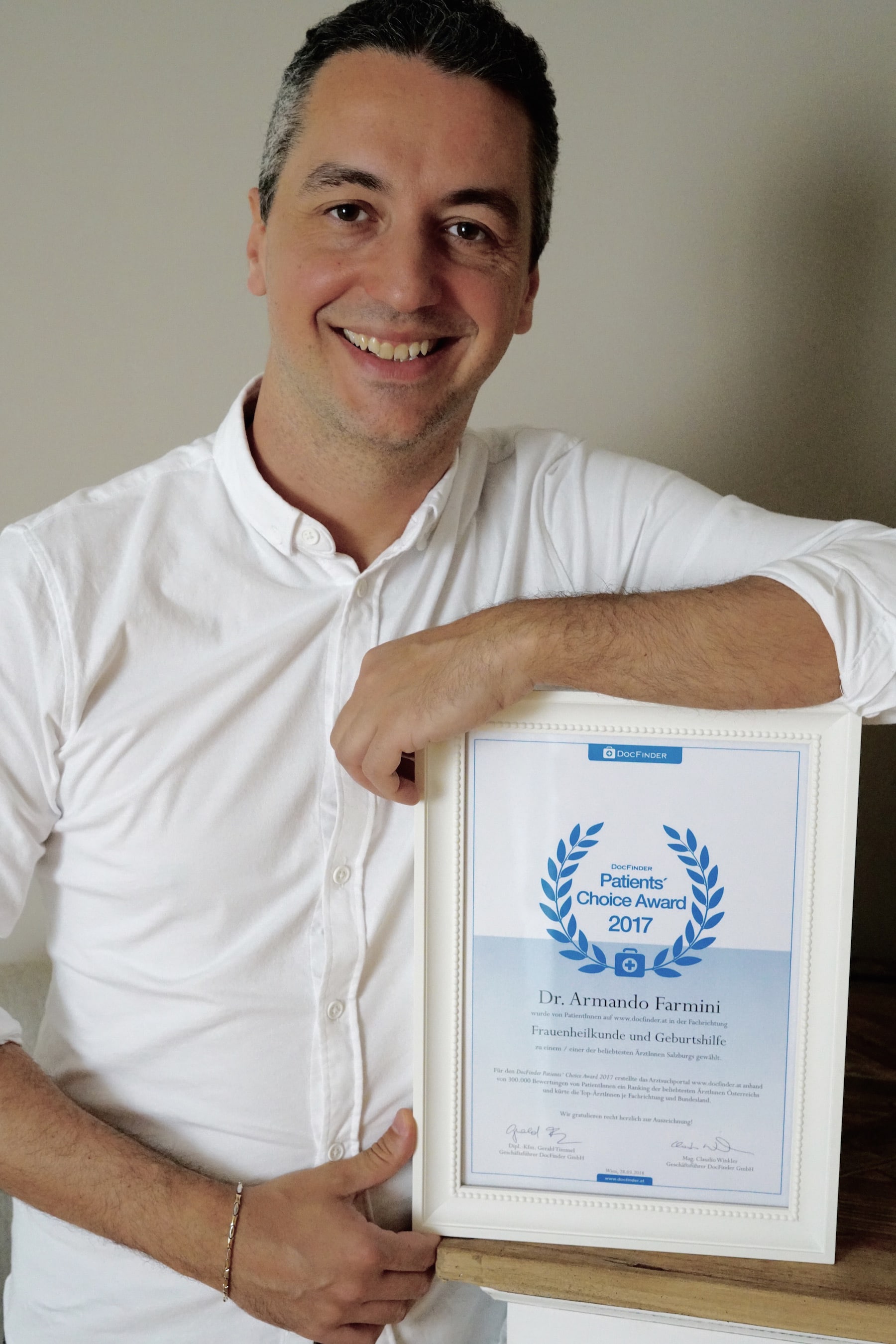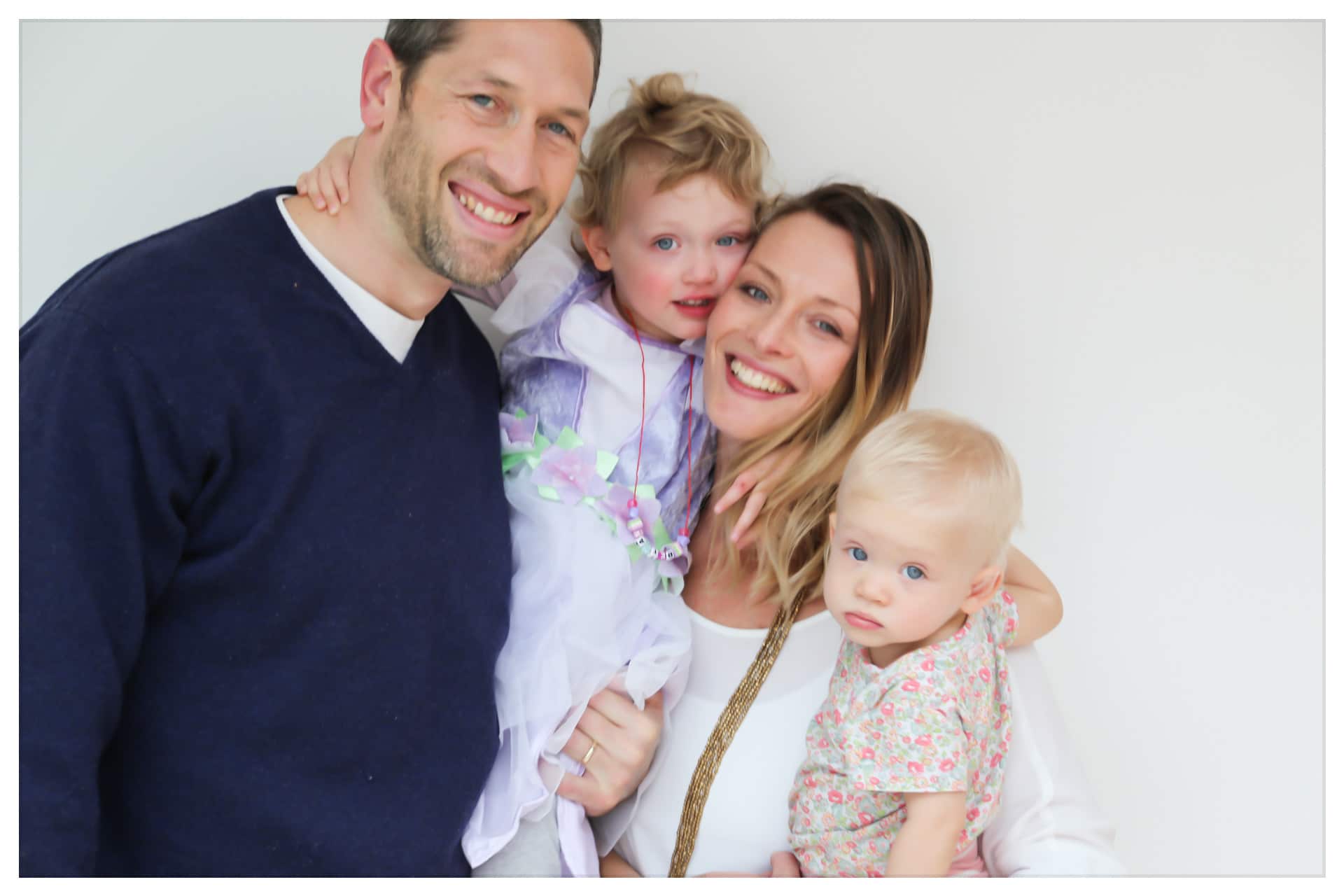Representatives for holistic medicine met again at the Convention Center (‘Kongresshaus’) in Salzburg from 20 to 22 October 2017. Dr Farmini was there and briefly summarised the most important information for us.
Highlights from the hormone-related lectures
Is the use of bioidentical hormones evidence-based?
Compared to drugs, there is much broader scientific evidence for bioidentical hormones, since the bioidentical hormones have been known for a long time (sex hormones since 1930).
Can you also use testosterone in women?
Yes, of course. Women, like men, need testosterone for their personal health. There are about 105 published scientific studies on testosterone in women. Women need testosterone for mental stability, muscle growth, sexual desire and other effects. Here are some examples:
- Stress-induced incontinence/urine leakage: The use of testosterone reduces stress incontinence in about 90% of cases (Ref.: Kim MM 2017).
- Osteoporosis: Application of testosterone in addition to hormone therapy improves bone density in the hip (Ref.: Miller BE 2000).
- Atherosclerosis: Higher testosterone levels lower the risk of atherosclerosis (Ref.: Golden SH 2002).
- Sexual problems, low libido: The administration of testosterone, along with estradiol, increases the number of orgasms in women who have undergone surgery to remove the uterus and ovaries (Ref.: Schiavi BB 1987).
When initiating therapy with testosterone, one must not forget that the balance among the hormones plays an important role, so you should never prescribe testosterone alone.
Is growth hormone also advisable for adults?
- Yes, growth hormone is a potent anti-ageing hormone. It tightens the skin, making it firmer (Anti-Aging Med Ther 1997;1:10-28).
- It reduces fat and increases muscle mass (J Clin Endocrinol Metabol 1993 Feb;76(2):309-17).
- It increases drive and self-confidence (Anti-Aging Med Ther 1997;1:10-28).
- It increases stress resistance, and reduces anxiety and tearfulness (Anti-Aging Med Ther 1997;1:10-28).
- Like some other hormones, growth hormone prolongs the duration of deep sleep and the REM phase (J Endocrinology 1990; 33: 495-500).
Photo: Dr Armando Farmini with Dr Thierry Hertoghe (President of the World Society of Anti-Aging Medicine [WOSAM] and the International Hormone Society [IHS])




